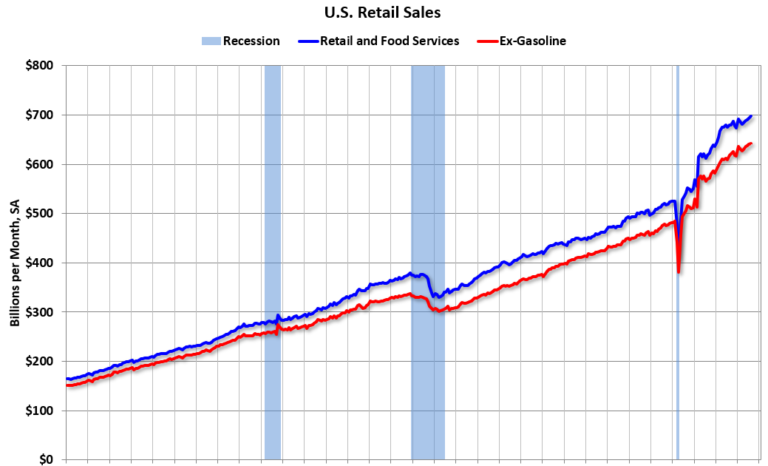Why Block’s Move to Eliminate Performance Improvement Plans Raises Questions
Introduction
Block, the company founded by Jack Dorsey that includes Square, Cash App, and Tidal, has recently made a bold statement in the realm of HR strategy. They have decided to completely eradicate the practice of annual performance reviews and performance improvement plans (PIPs), which are often used to help struggling employees improve their performance. Instead, Block will give employees a simple rating of ‘exceeds,’ ‘meets,’ or ‘falls below’ expectations. This move has sparked a debate among HR experts, some of whom believe that more companies should be implementing PIPs. In this article, we will explore the rationale behind Block’s decision and consider the potential consequences.
The Controversy
Eliminating PIPs altogether can be seen as a drastic move. PIPs provide an opportunity for companies to work with struggling workers to create a plan for improvement and ultimately help them succeed. This approach is supported by experts who argue that PIPs, when used effectively, can be a mechanism for bosses to collaborate with employees and guide them back to a positive trajectory. By eliminating PIPs, Block is essentially opting for a ‘cut and loose’ approach, where underperforming employees are simply let go with no chance for rectification.
The Potential Downsides
The ‘cut fast’ mentality employed by Block may lead to several drawbacks. Firstly, most HR professionals believe that PIPs should have a minimum duration of 90 days, potentially up to six months. This allows employees a fair chance to correct their mistakes and improve their performance. Without this grace period, there is a risk of prematurely dismissing employees who may have had a temporary setback or are capable of growth and improvement over time.
Additionally, the elimination of annual performance reviews raises concerns. While it may be more efficient for managers who no longer have to dedicate time to these yearly evaluations, it is crucial for employees to receive regular feedback to understand where they stand. According to HR experts, performance reviews should not contain any surprises; there should be ongoing communication between managers and employees regarding their progress. Constant feedback can replace the need for a formalized annual review and ensure that employees regularly receive guidance on how they can improve.
The Future Trend
While Block’s decision may not gain widespread adoption, the idea of continuous feedback and communication is gaining traction. Companies are recognizing that regular check-ins throughout the year are more effective than a single formalized evaluation. By incorporating constant feedback, companies can provide guidance and support to employees in real-time, allowing for timely course correction and development. While some well-established companies may resist such a change due to entrenched HR cultures and policies, the evolution of HR practices suggests that the annualized performance review may be diminishing, making room for regular feedback sessions.
Conclusion
Block’s decision to abandon PIPs and annual performance reviews has ignited a debate within the HR community. While the move may appear to streamline processes and free up valuable time for managers, it also raises concerns about fairness and employee development. While not all companies are likely to follow in Block’s footsteps, the shift towards continuous feedback and communication is gaining momentum. Striking a balance between timely feedback and structured evaluations is key to optimizing employee performance and job satisfaction in the modern workplace.







